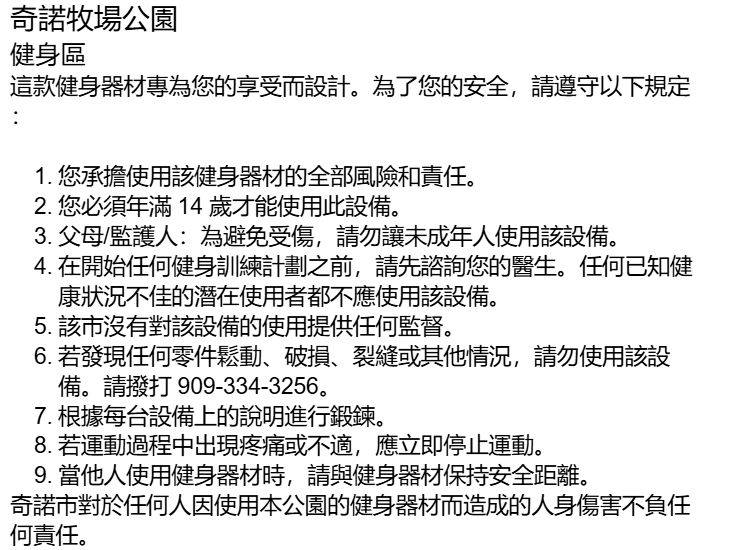A powerful quote opened one of the panel questions:
“I know we have the machines to fight this war, but the question is, do we have the guts?”
Journalist Robert Sherrod wrote those words during World War II, expressing concern about whether each generation has the mental toughness to face the horrors of war.
It’s a fair question—and one that comes up in every era. But today’s generation isn’t lacking in strength or potential. They’re just shaped by a different world—and that means they need different training.
Different generation, different challenges
Today’s recruits often arrive with less physical literacy—less experience with structured movement, exercise, and challenge. Technology has changed attention spans, feedback loops, and how people handle stress or uncertainty. Many young people haven’t faced consistent physical or mental discomfort. That’s not a criticism—it’s just a fact of modern life.
These shifts don’t make this generation weaker. But they do mean we can’t expect the same results from the same old training methods. What worked decades ago may not be as effective today.
This is also an opportunity
The good news? We can adapt. Just as Soldiers are expected to learn and grow, leaders, coaches, and educators must evolve too. We must design training and learning experiences that:
-
- + Meet people where they are
- + Build up core qualities like toughness, adaptability, and problem-solving
- + Help them gain confidence through smart, progressive challenges
In my work across military, athletic, and educational settings, I’ve seen that growth doesn’t come from making things harder just for the sake of it. It comes from structured, meaningful experiences that build skill and confidence over time.
It’s not about comparing generations
Each generation brings something unique. The goal isn’t to mold today’s recruits into the image of past Soldiers—it’s to help them develop the strength, durability, and adaptability needed for today’s missions.
And that responsibility falls on us—as leaders, trainers, and subject matter experts—to create the right environment for growth.
Source link










